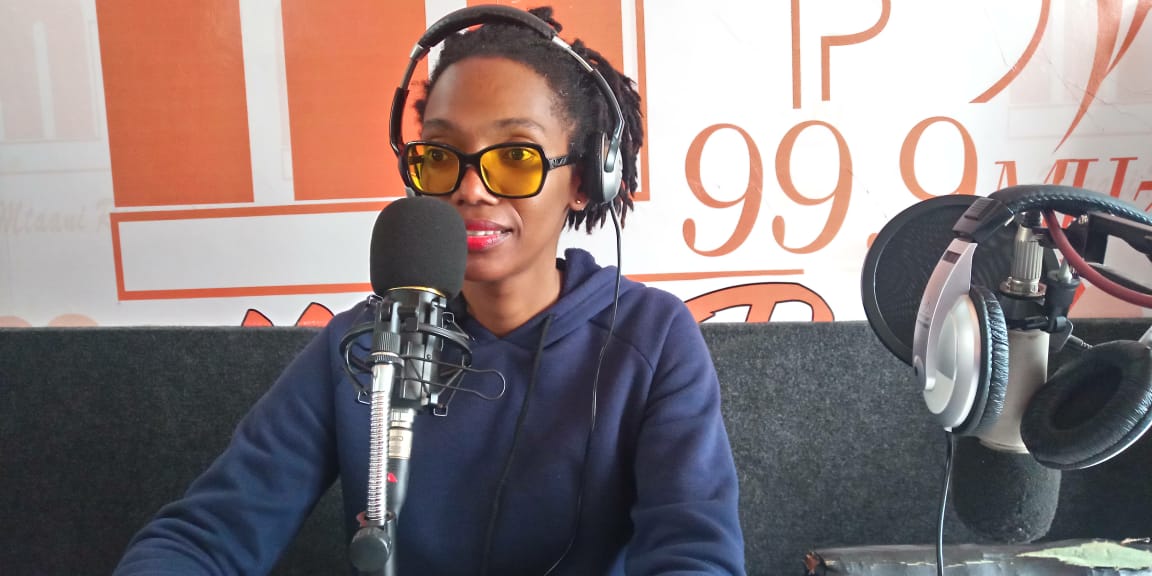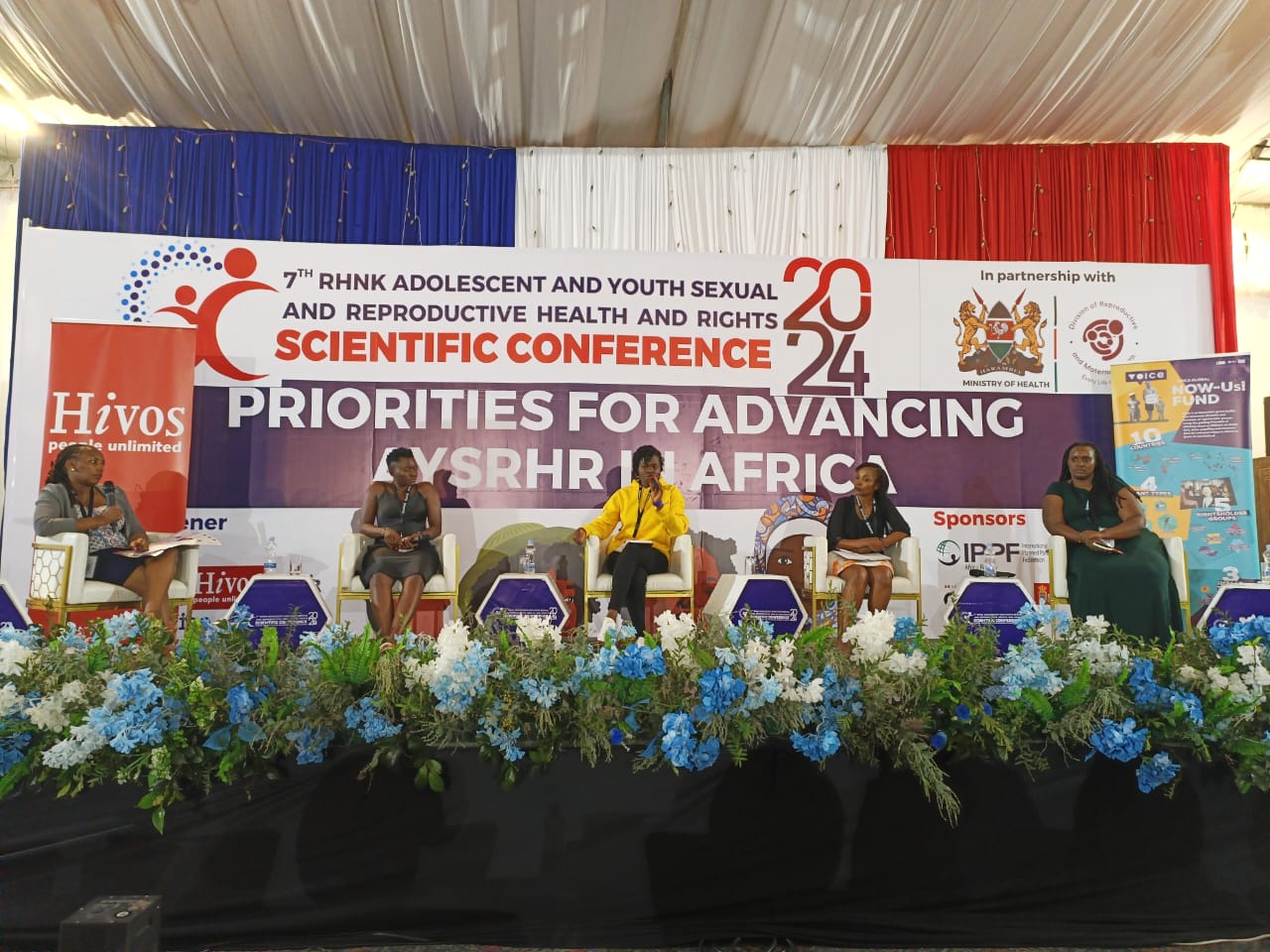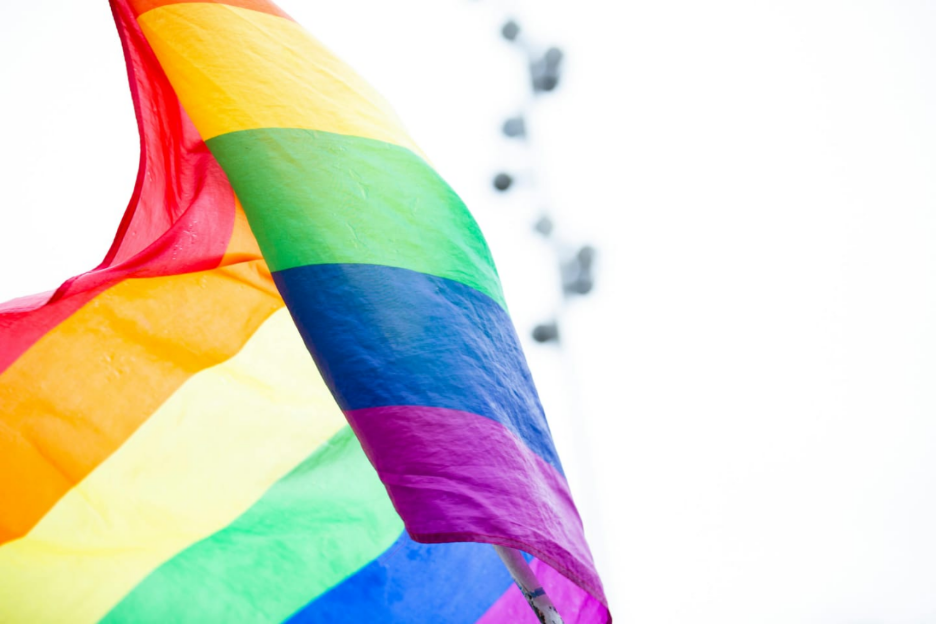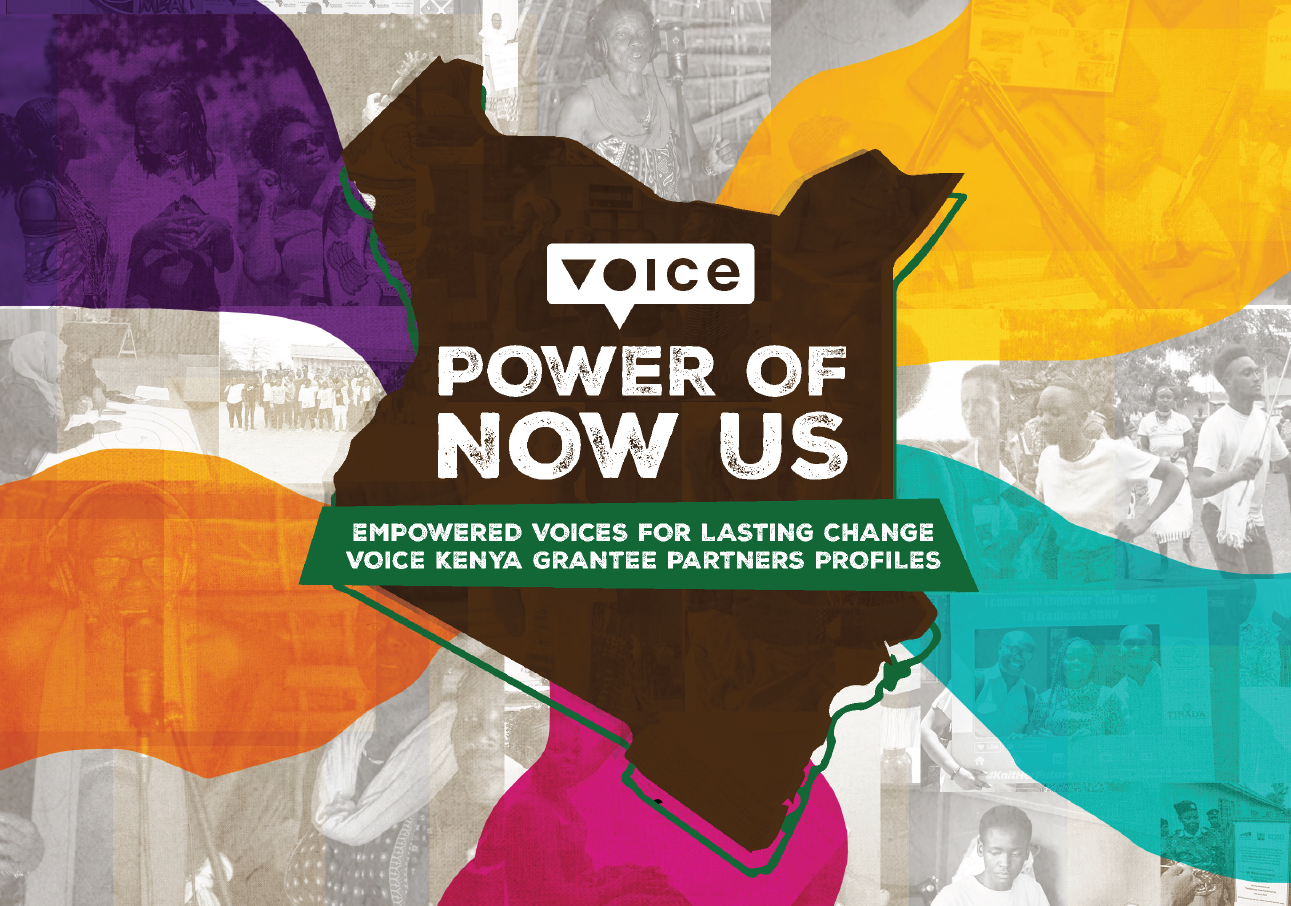Ever thought about suicide?
Focus on Mental health among LGBTI
By Wendy Otieno, Communications Assistant, Voice
May is Mental Health month – an important month for a lot of (health) organisations but also for organisations supporting the LGBTI community. In addition, May 17th is the International Day Against Homophobia, Transphobia and Biphobia (IDAHOT). In this interview with David Kuria, who works with Transgender Education and Advocacy (TEA), an influencing grantee in Kenya we are exploring the intersection between mental health and people who identify as LGBTI+.
It is important to note that this interview took place against the backdrop of a court case to #Repeal162, challenging the Kenyan courts to decriminalise articles in the penal code that consider same-sex sexual activity a felony punishable by up to 14 years of imprisonment. Unfortunately, the court declined.
On a sunny Friday afternoon, Voice had a chat with David from TEA, an organisation which works towards defending and promoting the rights of transgender, transsexual and intersex people in Kenya.
Our discussion painted a picture of the life of an LGBTI person living in Kenya. What this meant to their mental health, social acceptance and what laws -or stigmas- restricted their ability to love freely and openly.
Listen to the conversation in the podcast below or read the lightly-edited transcript.
Kenya is considered a ‘safer space’ for LGBTI communities within East Africa, do you agree with this? If yes, how do you think other countries can step up to the table?
As much as Kenya is deemed to be a ‘safer space’ for the LGBTI community in East Africa, the real safety of the LGBTI community in Kenya depends on very many variables. From the geographical location where you live, the level of education you have attained as well as financial security. All these elements determine how society will accept you as a person as there are individuals who might be well educated and financially stable but still face stigma.
With more people seemingly speaking up is it correct to say that the country is more embracing of the LGBTI community? Do you think that #Repeal162 has contributed to this increase?
In 2010, Kenya received a very progressive constitution that was heavily rooted in Human Rights issues which has led to an affirmation to the citizens and the LGBTI community in trusting the courts in defending their rights. I believe also that increase of coming out stories from activists like Eric Gitari, Audrey Mbugua, Dennis Nzioka etc. in the media has emboldened and encouraged the decision of other members in the community to come out and share their stories.
At a policy level, we have witnessed HIV-programming being inclusive of key populations including the LGBTI community. Regardless of the decision, the courts will take in ruling in favour of or against #Repeal162, I know that the LGBTI community will continue to fight for their rights.
Personal, family, and social acceptance of sexual orientation and gender identity affects the mental health and personal safety of LGBT individuals. Would you like to expound more on this, specifically looking at the Kenyan context?
There is a direct link on how an LGBTI individual is accepted in the society and mental health. We live in a world where outside the social circles of human rights activists there are individuals who are still oblivious to the rights and acceptance of the queer community. They engage in negative conversations which can affect even the most resilient activist to start self-stigmatising themselves.

Resilience for anyone relies on the social circles and acceptance of the community around you. Imagine a scenario where one is faced with the death of a loved one, in normal scenarios; family, friends, colleagues at work, church members are the ones that offer support to the bereaved. So what happens when one does not feel this support? This is when the vulnerability to depression begins to kick in which leads to having addictive behaviours such as drug abuse and inflicting self-harm.
” I now know my triggers. My recovery journey is still ongoing.”
David
On a personal level, have you struggled with mental health? Would you share more about that journey in light of May being the Mental Health Awareness Month?
Most people do not speak freely about the mental issues they face yet this is a disease just like any other. My coming out story was at a time where the restrictive laws and social discomfort against the queer community was at an all-time high in the Kenyan society. From a personal experience, I have learnt that one can only receive help when you reach out for it. Seeking professional assistance for Mental Health therapy has its own set of challenges. In Kenya, there are only 100 qualified psychologists who are quite pricy for the average John or Mary. You can only imagine how many people suffer in silence as a result of not being able to access professional help.
What do you think about the conversations around mental health in this country?
As a society, we need to first have an understanding of what mental health is and some of the triggers that one faces in order for us to positively engage and be able to assist a person who has been diagnosed with depression amongst other illnesses. It is important for us to know and understand that different triggers vary from person to person. There is need to have social eco systems in place that create a positive environment for individuals to take a beat when they are feeling overwhelmed. Employers and the society at large should also be intentional in ensuring that wellness is a key issue that they focus on. The country should also reconsider some of the policies it has put in place such as criminalising cases of suicide attempts as this is considered a mental health illness.
What should change in order to have more open and frequent conversations around this subject?

We need to recognise the fact that suffering from a mental health disease such as depression does not diminish your self-worth or make you less significant in the society. Depression just like any other disease can be treated if the right steps and self-awareness of our triggers are recognised and measures put in place to handle it. As mental health is an emerging discussion, there is still room for individuals, organisations and community at large to receive training on how to be inclusive and sensitive. There is also the need for organisations and country medical health facilities to step up in terms of having mental health programmes available and at an affordable price. These programmes should be developed in such a way that they also cater to the LGBTI+ community as currently there is no existence of such programmes.
We would like to recognise David for being brave in sharing his voice and journey with us.







